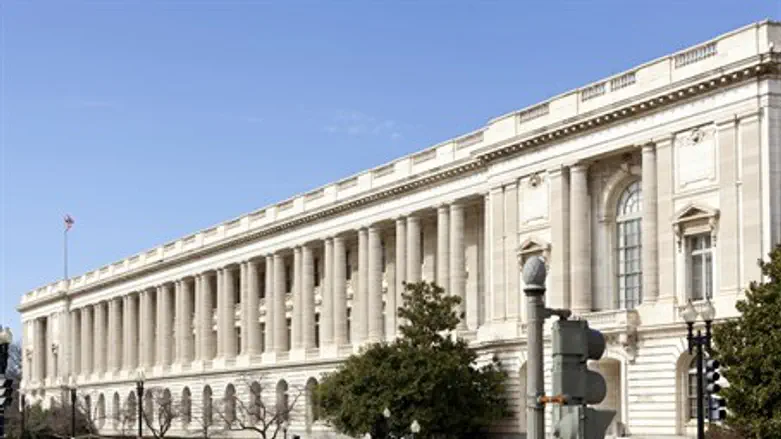
The Obama administration will begin its effort to “sell” the Iran nuclear deal to Congress on Thursday, as the Senate Foreign Relations Committee will hear testimony from key administration officials on why Congress should approve the deal.
Speaking before the Committee Thursday will be Secretary of State John Kerry, Energy Secretary Ernest Moniz, and Treasury Secretary Jack Lew, all of whom will discuss different aspects of the agreement.
Kerry is set to describe how the deal will prevent Iran from making progress on nuclear weapons; Moniz will discuss positive impact on oil prices of a new source of oil for the world market, and Lew will talk about how the deal will impact the economy.
The three will also testify next week before the House Foreign Affairs Committee.
According to the terms set down by Obama, elected officials have about two months to approve or reject the deal. Under Congressional rules, senators and representatives can reject the deal with a simple majority vote, but Obama has already promised to veto that rejection. It would then fall upon Congress to vote again against the proposal – but this time it would have to muster up a two thirds majority vote, which most pundits believe would be very difficult.
A law signed by Obama in May gives Congress the power to review and potentially reject a nuclear deal with Iran, but in spite of his willingness to allow Congress to debate the agreement, Obama has asserted it would be "irresponsible" to object to the deal.
Many congressional representatives have already expressed their objection to the agreement. Among them is House Speaker John Boehner, who vowed on Wednesday to "do everything possible" to stop the deal from being approved by Congress.
"While the president's Iran deal may have been applauded at the United Nations, I think he faces serious skepticism here at home," Boehner asserted.
At least 10,000 people poured into New York's Times Square on Wednesday to denounce the Iran nuclear deal as a threat to Israel and global security, demanding that Congress reject the pact.
Recent polls have suggested that of the 79 percent of Americans who have heard about the deal, 48 percent disapprove.